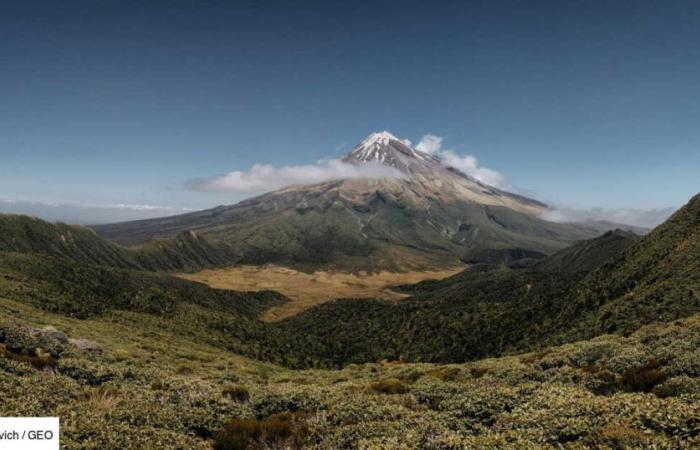We cannot hide our faces. The year 2024 has been particularly grim for nature and the climate. We have exceeded the threshold of 1.5°C of warming for 12 consecutive months, natural disasters, including the cyclone which devastated Mayotte on December 14, have become more intense. But there are still some victories, assures the BBC. The British media thus lists seven good news stories, which have sometimes gone under the radar this year, and which deserve to be celebrated.
The first good news is the end of coal-fired power stations in the United Kingdom. On September 30, the Ratcliffe-on-Soar power station stopped working. It will now be demolished and transformed into something else – perhaps electric battery storage. The country therefore no longer produces its electricity using fossil energy at all. In France, the two remaining thermal power plants still operate a few days per year during the winter. That of Saint-Avold, in Moselle, is preparing its reconversion using biomass, reports La Tribune.
The 10 good news for the environment and animals in 2021
Steps in the right direction for the climate
There is still much to celebrate on the energy front in 2024. Renewable energy sources have never been used so much in the world. The U.S. Energy Information Administration noted that, for the first time, wind power generation exceeded thermal (coal-based) power generation in the United States in April.
The International Energy Agency (IEA) predicts a 2.7-fold increase in renewable energy capacities by 2030. And this can be explained in particular by the actions put in place by China. For economic rather than ideological reasons according to the IEA, Beijing has chosen to rely massively on solar energy. China is expected to produce half of its renewable energy capacity in 2030.
Nature also had some clearings this year. Several species and elements have been granted legal person status. The Te Papakura o Taranaki Mountains in New Zealand, the waves of the coastal town of Linhares in Brazil, the whales and dolphins of this same region have officially become people. They now have rights that ensure their protection.
Land and sea in danger but increasingly protected
In the Atlantic, it is a part of the ocean that is now protected. The Azores have created a new Marine Protected Area around their archipelago. 287,000 km² of sea are therefore now inviolable, neither by fishing nor by any mining extraction. This area contains nine hydrothermal vents, consequences of tectonic plate movements, 28 species of marine mammals and 560 species of fish.
The Amazon rainforest was once again spared a little this year. The lungs of the Earth have been facing massive and often illegal deforestation for many years. But in 2024, for the ninth year in a row, the share of forest destroyed has decreased. Not enough to blow your mind, however: 6,288 km² have been deforested, which is equivalent to the entire American state of Delaware, according to the Brazilian Research Institute. President Lula has promised to end deforestation by 2030.
Local and citizen actions are essential for preserving the planet
Two forms of initiatives have proven to pay off for biodiversity this year. The first is conservation programs. Scientists have proven that they can reverse the trend. In Kazakhstan, the Altyn Dala initiative helped save the saiga antelope. While the species only numbered 20,000 individuals in 2003, the latest censuses show 2.86 million animals in the Kazakh steppes.
In California, it is the commitment of indigenous peoples to animals and nature that has enabled change. The Yurok tribe campaigned for the destruction of a dam on the Klamath River. Less than two months later, in October, the salmon were back in California and Oregon waters. The same tribe is working to reintroduce the California Condor to the US state. In October, activists counted 18 condors roaming free in Yurok territory, although they had almost disappeared.






